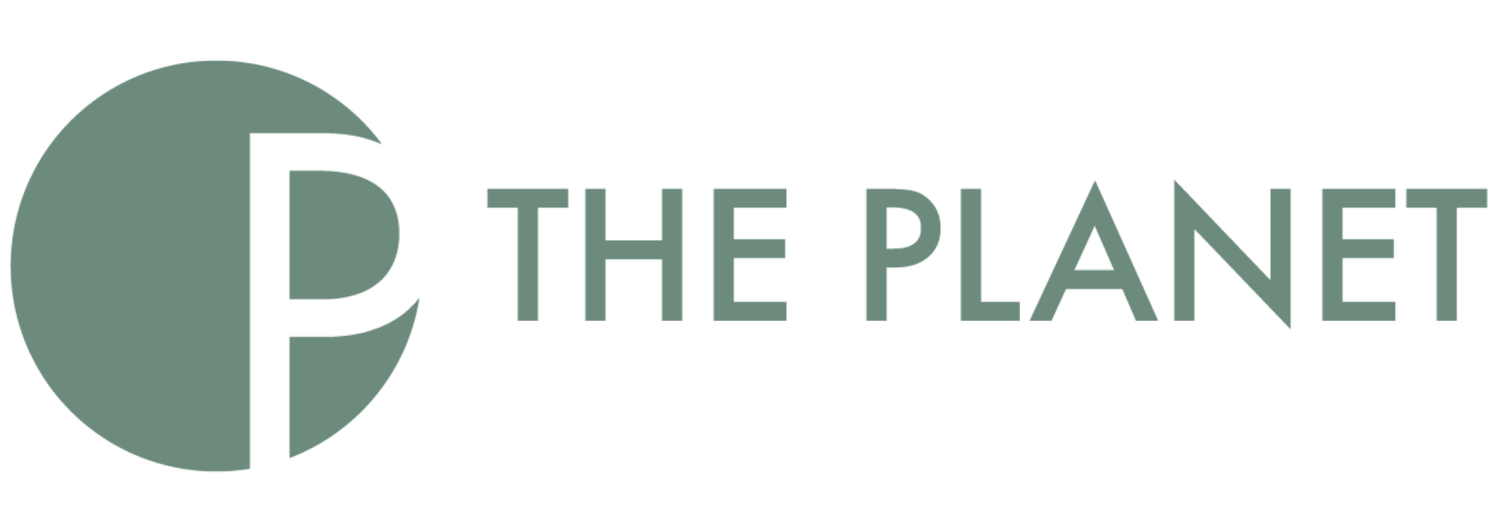Ethics At The Planet Magazine
THE PLANET POLICIES ON ETHICS, FACT-CHECKING, TRUST AND CORRECTIONS
General Principles
The Planet magazine is an award-winning environmental magazine dedicated to providing the Western Washington University and Bellingham communities with in-depth reporting on local environmental issues, emphasizing local ecological advocacy and environmental justice. The publication has been independently produced by the students of WWU since 1979. It is the only undergraduate environmental magazine in the United States.
The Planet is committed to independent, trustworthy, accurate reporting and rigorous fact-checking. We correct any errors of fact swiftly. The Planet adheres to the principles established by the Society of Professional Journalists code of ethics, and strives to meet or exceed the highest professional standards.
See our specific policies on:
Accuracy: Our Reporting and Fact-Checking
Transparency and Accountability: Our Corrections Policy
Independence: Our Commitment to Integrity
Artificial Intelligence: Our Policy on Its Use
Land Acknowledgement: Our Commitment to Local Environmental Justice Reporting
Accuracy: Our Reporting and Fact-Checking
Every article is vigorously fact-checked by at least two members of The Planet’s staff to ensure what is published is accurate. Student reporters are required to provide evidence for every statement of fact, audio recordings and transcripts of all interviews.
This is a student publication. As such, The Planet provides learning opportunities for student journalists to get real-world experience with reporting. The Planet does not guarantee that every student who takes the Western Washington University course will be published in our magazine. We will only publish articles that meet strict standards of fair and diverse sourcing, thorough reporting, quality writing, and unbiased perspective. We strive for fair, honest reporting that includes perspectives of those affected firsthand by the environmental issues we cover.
Transparency and Accountability: Our Corrections Policy
We work swiftly to correct any mistakes. We work diligently to ensure our reporting is accurate, and Planet staff are always available to correct any mistakes when we fall short. Reporters and editors alike will ensure that any error is quickly corrected.
Independence: Our Commitment to Integrity
We avoid conflicts of interest and any appearance of impropriety. Student journalists do not interview friends, family members, employers, employees, roommates, current professors, or anyone with whom they have an existing relationship beyond a simple acquaintance, or with whom they have a financial relationship. We do not offer favors or compensation of any kind in exchange for assistance with our stories. We do not accept favors or compensation of any kind from sources.
Articles are produced independently by student reporters and editors. We report independently, without prior review from sources on any side of an issue: No one outside the newsroom previews or edits articles before publication. We do not allow sources to review stories before filing them (although we often send quotes back to sources to confirm their accuracy and gain additional context). We will always rigorously check facts before reporting.
Artificial Intelligence: Our Policy on Its Use
The Planet strives to protect the environment in every way we can. Our physical products are made with sustainable materials and are locally distributed across campus to minimize carbon emissions. We publish our content digitally to ensure accessibility outside of campus and minimize waste.
Because of this, The Planet discourages the use of Artificial Intelligence due to its environmental repercussions. Reporters are under no circumstances allowed to use A.I. to develop, organize, or create the writing published in our magazine. However, reporters may choose to use tools such as otter.ai to transcribe interviews or collect data. Humans still fact-check these transcripts and data pieces during our team’s fact-checking and line-editing process before publication.
LAND ACKNOWLEDGEMENT: OUR COMMITMENT TO LOCAL ENVIRONMENTAL JUSTICE REPORTING
We are committed to reporting on local issues within Whatcom and Skagit counties and occasionally the broader Washington State area. Staying local allows us to report on issues that may fly under the radar of national news and provide our readers with news that is relevant to their communities.
The Planet Magazine is written and published on the traditional, ancestral and unceded territory of the Lummi, Nooksack, the Coast Salish Peoples, who have lived with the land and waterways of what is now Bellingham, Washington since time immemorial.
As a publication, we strive to decolonize our newsroom through active engagement with the Indigenous community to amplify historically marginalized voices. This includes a diversity audit in every story written for The Planet to ensure that no voice goes unheard, and a dedicated page to underrepresented voices on our website.
In addition, please explore the educational links below to learn more about the traditional inhabitants of this area, and our work to honor and respect their continuing lifeways:
Resources:
The Lummi Nation or Lhaq'temish people
More Information regarding land acknowledgments:
Lhaq'temish Foundation Land Acknowledgements
Indigenous leaders want land acknowledgments to really benefit their communities : NPR
‘Land Acknowledgments’ Are Just Moral Exhibitionism - The Atlantic
A guide to Indigenous land acknowledgment - Native Governance Center
